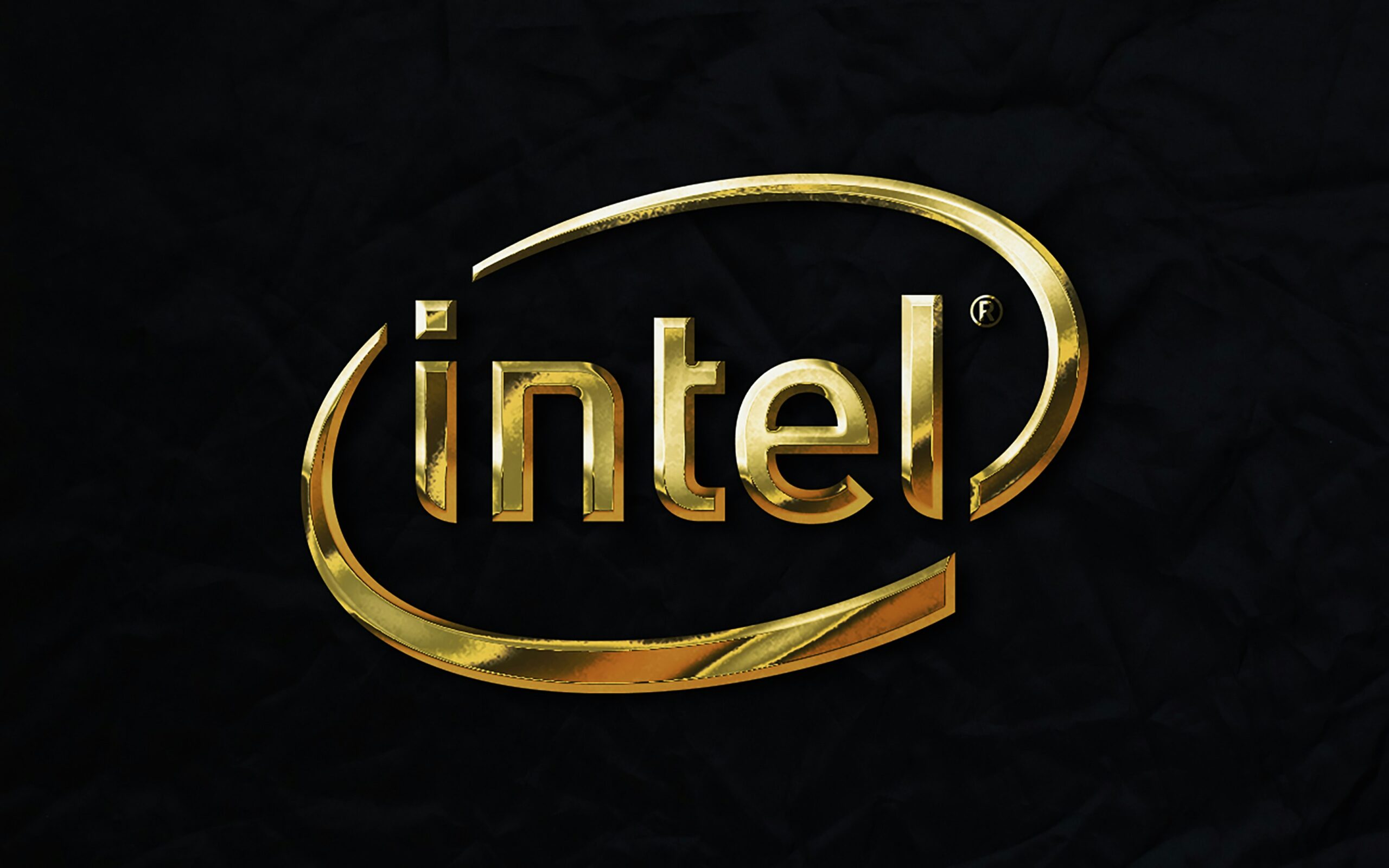OpenAI and Microsoft: Negotiating Future of AI and IPO Prospects
OpenAI, the trailblazer in artificial intelligence, is undergoing a pivotal restructuring with Microsoft to redefine the future of both companies and the AI landscape. With discussions aimed at transitioning OpenAI to a for-profit model, this negotiation is a high-stakes move that could pave the way for a future Initial Public Offering (IPO).
In this in-depth analysis, we’ll explore the key aspects of these negotiations, the impact on the AI sector, and how this restructuring could shape the future of artificial intelligence.
For further reading, check out Financial Times.
The Evolution of OpenAI: A Shift from Non-Profit to For-Profit
From a Charitable Mission to Financially Sustainable Growth
OpenAI was founded in 2015 by Sam Altman, Elon Musk, and others with a noble mission: to create artificial intelligence that benefits humanity. Originally structured as a non-profit research lab, OpenAI’s core goal was to ensure that AI technologies would be developed for the greater good of society.
However, as OpenAI’s technologies evolved, especially with the development of groundbreaking models like GPT-4, it became clear that the financial resources required to continue scaling were beyond the reach of a non-profit organization.
In 2019, OpenAI transitioned into a hybrid model with a capped-profit subsidiary, allowing external investments. Yet, the capped structure limited its ability to raise the massive capital required to remain competitive in the rapidly growing AI market.
Negotiating a New Future: The OpenAI-Microsoft Deal
The Role of Microsoft in OpenAI’s Growth
Since 2019, Microsoft has been a key backer of OpenAI, investing over $13 billion. Microsoft’s financial support, combined with its cloud infrastructure, has been critical in the development of OpenAI’s models and products. From integrating AI into Microsoft Office (Copilot) to embedding OpenAI’s technology in Azure, Microsoft has deeply intertwined its operations with OpenAI.
However, as OpenAI now prepares for a corporate restructuring to become a Public Benefit Corporation (PBC), it is negotiating the terms of its partnership with Microsoft. These negotiations are crucial for both companies as they attempt to align their visions for the future.
Key Negotiation Points
The major points under discussion in the negotiation include:
- Equity Ownership: Microsoft may have to adjust its equity stake in OpenAI in exchange for continued access to new models and technology.
- Access to Post-2030 Models: Microsoft is negotiating terms for access to future AI models beyond the current 2030 agreement.
- Revenue Share and Licensing Agreements: Terms around revenue-sharing and intellectual property licenses will also be revised, ensuring that Microsoft continues to benefit from OpenAI’s advancements.
The Funding Pressure: OpenAI’s Drive to Raise More Capital
Record-Breaking Fundraising Efforts
OpenAI’s valuation has reached $260 billion, fueled by its AI breakthroughs and global demand for AI-powered tools. In recent rounds, the company raised:
- $6.6 billion from investors like SoftBank, Microsoft, and other venture capital firms in October 2024.
- $40 billion in a follow-up round in March 2025, led by SoftBank.
These funds are crucial for scaling OpenAI’s AI infrastructure, developing AGI (Artificial General Intelligence), and continuing its aggressive AI deployment. However, OpenAI’s original capped-profit model is insufficient to support such large-scale investments. This has driven the need for a transition to a PBC, which will allow OpenAI to secure unlimited funding and attract high-value investors.
Legal and Ethical Challenges: The Future of OpenAI’s Mission
Regulatory Review and Legal Concerns
As OpenAI shifts towards a for-profit model, it faces significant legal and ethical challenges. OpenAI is incorporated in Delaware and headquartered in California, where authorities are keen to ensure that the company’s new corporate structure continues to reflect its commitment to its founding mission.
The Delaware Attorney-General, Kathy Jennings, has indicated that she will review OpenAI’s restructuring plan to ensure that it complies with Delaware law, particularly in upholding OpenAI’s original charitable purpose. This review is a crucial part of the process, as it will determine whether OpenAI can continue to claim that its PBC will balance profit with public benefit.
Ethical Dilemmas: Profit vs Purpose
Despite OpenAI’s efforts to maintain some level of non-profit control, critics argue that its transformation into a PBC could undermine the company’s original mission. Concerns include:
- Privatization of AGI: There is fear that transforming OpenAI into a for-profit entity could lead to a concentration of power and wealth among a small group of investors and executives, at the expense of public access to transformative technologies.
- Mission Drift: By focusing on financial returns, OpenAI may compromise on its initial goal of ensuring AI benefits society at large.
These ethical concerns are at the heart of the debate surrounding OpenAI’s restructuring and its impact on the future of AI development.
Implications for the AI Industry and the World
A Potential Industry Shift
The outcome of these negotiations will not only affect OpenAI but could also set a precedent for other AI companies. If successful, OpenAI’s transition to a Public Benefit Corporation (PBC) could become a model for other tech startups seeking to balance profit with social responsibility.
However, this shift also poses significant risks. If OpenAI’s new structure fails to address ethical concerns or doesn’t satisfy investor demands, it could face legal delays, funding issues, and a potential loss of its competitive edge in the AI race.
What Does This Mean for the AI Revolution?
OpenAI’s transformation could be one of the most consequential developments in the AI industry. If successful, it will likely:
- Ensure continued access to cutting-edge AI technologies for Microsoft and other partners
- Attract billions in additional funding, fueling OpenAI’s mission to lead the development of Artificial General Intelligence (AGI)
- Set a new standard for AI companies in how they balance commercial growth with societal benefit
However, failure could have the opposite effect, leaving OpenAI struggling to maintain its vision while navigating mounting legal and financial challenges.
Conclusion: A Pivotal Moment for OpenAI and AI Development
OpenAI’s ongoing negotiations with Microsoft are a critical juncture in the company’s evolution. The outcome of these talks will have lasting implications not only for OpenAI’s future but also for the broader AI industry. Can OpenAI successfully navigate the complexities of a for-profit model while maintaining its ethical commitments? The world is watching, as the future of AGI and AI governance hangs in the balance
- Image Credits: Unsplash





